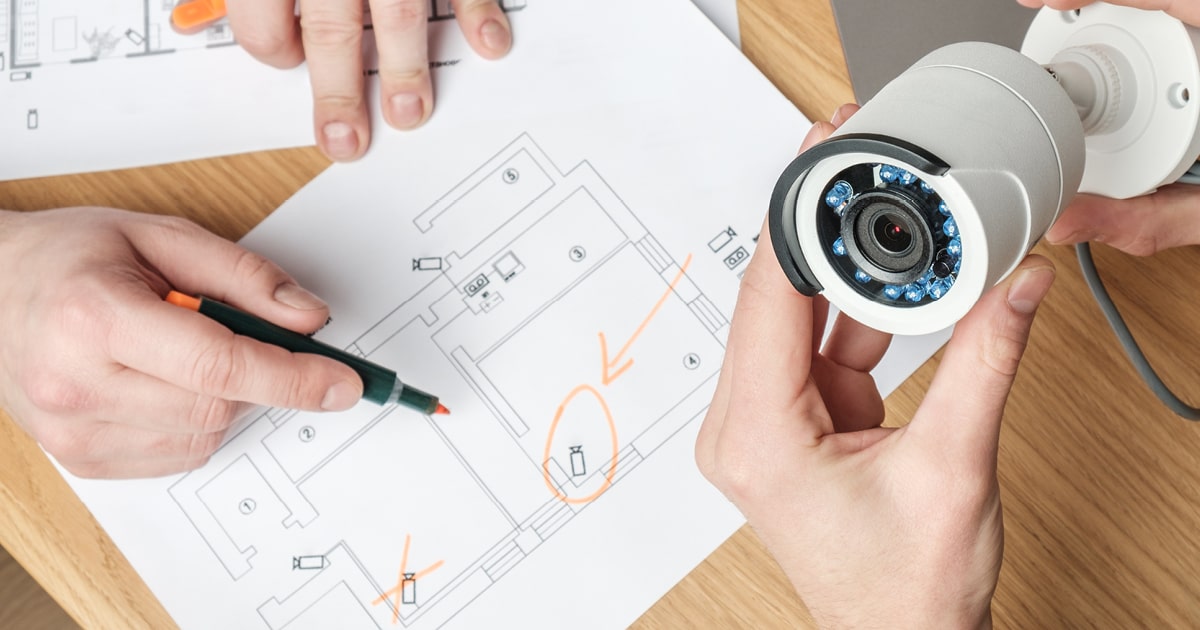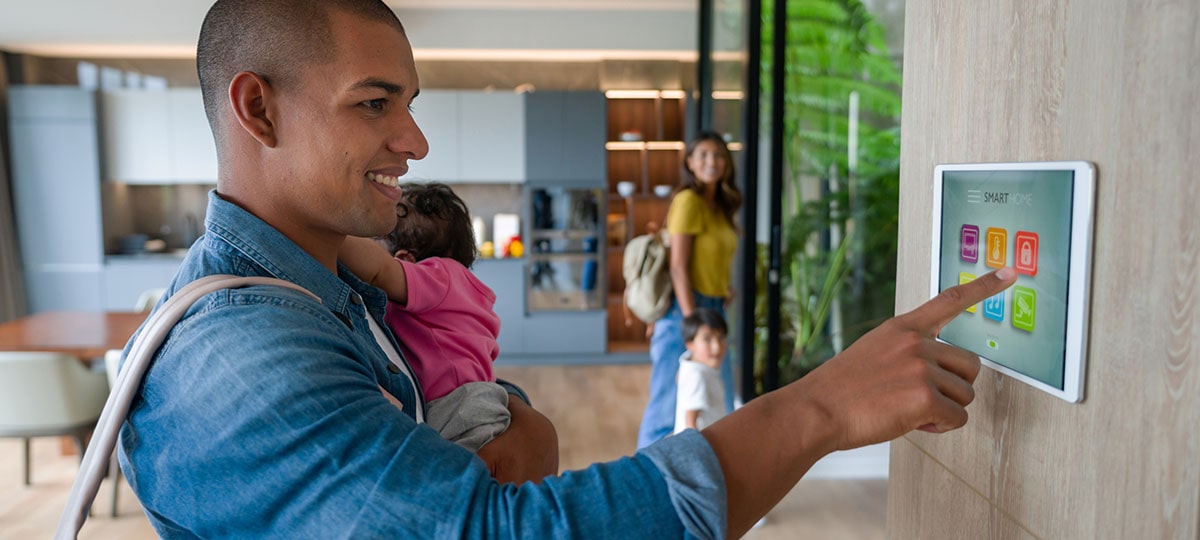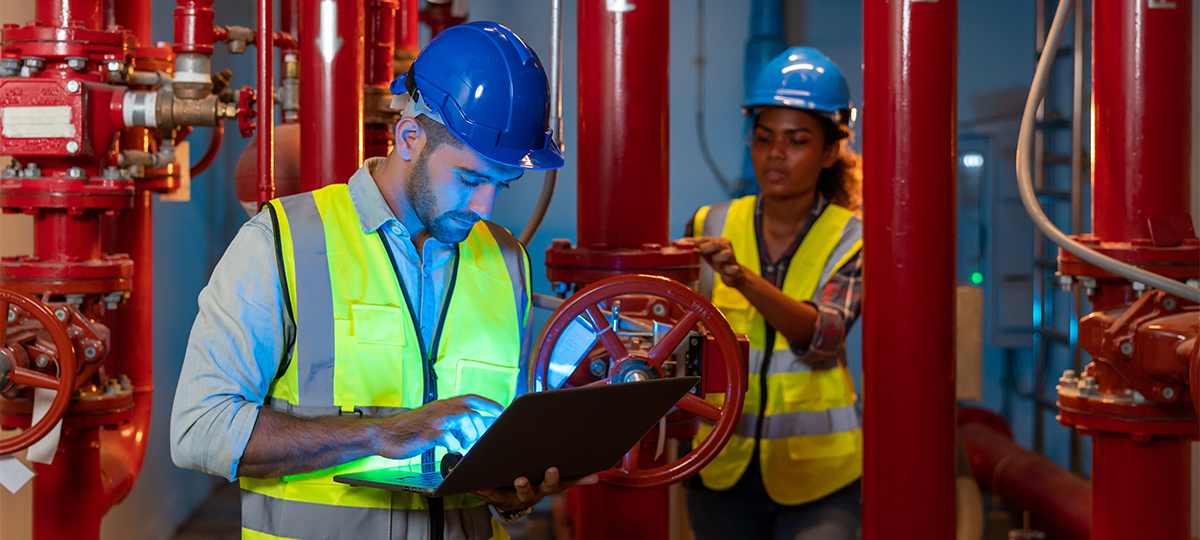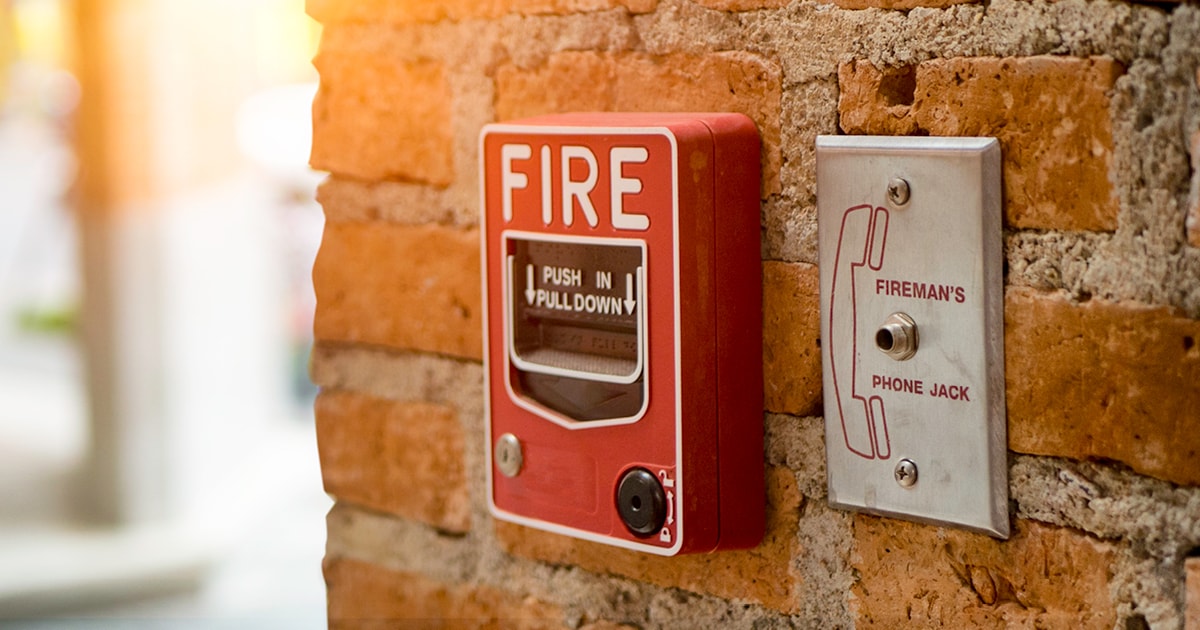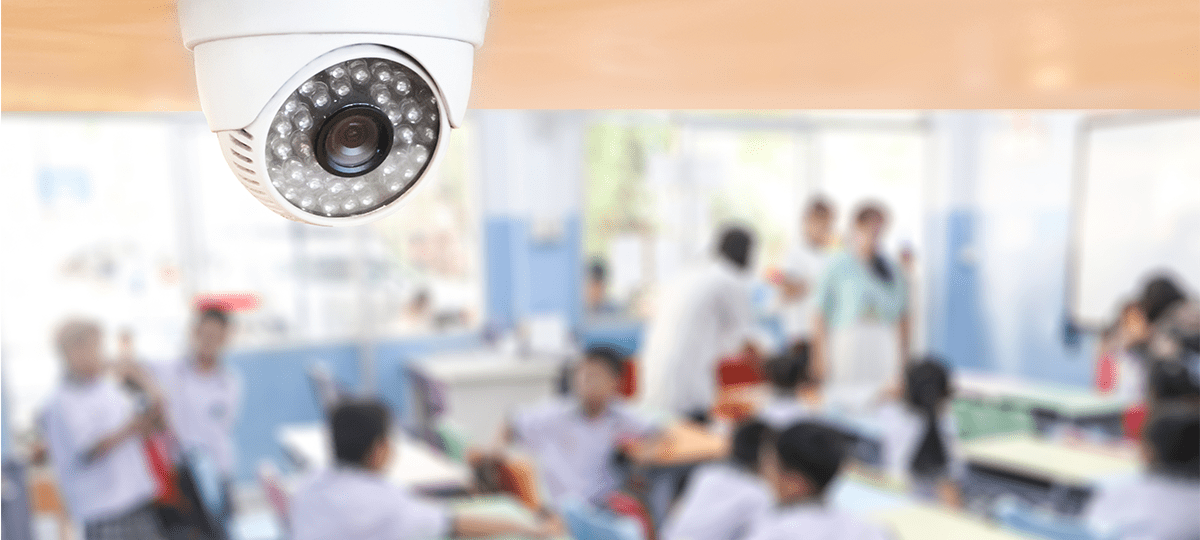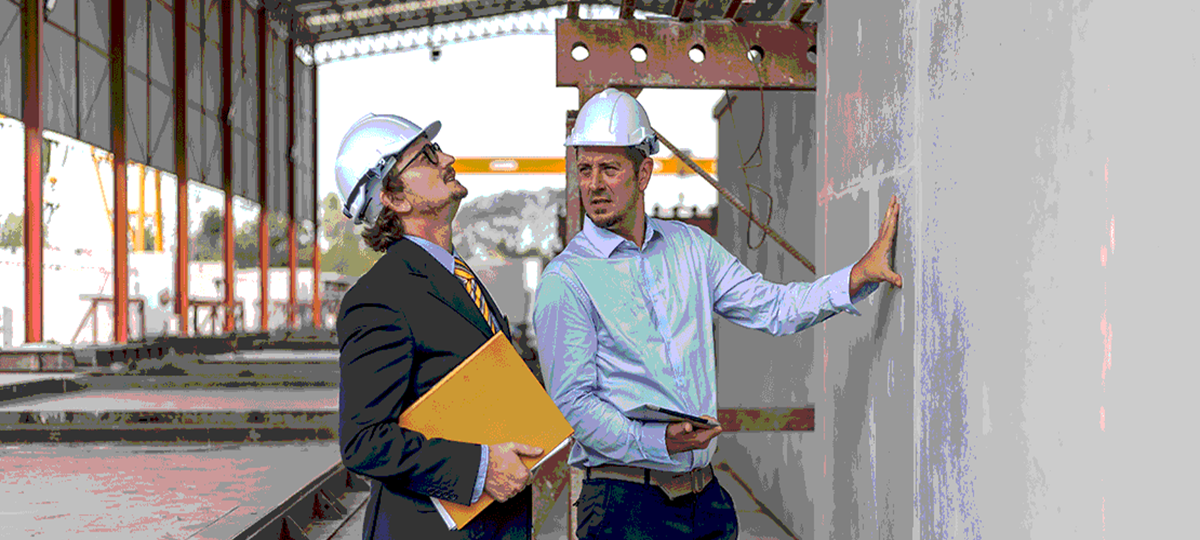Is the Use of CCTV Cameras in the Workplace Illegal?
Know the Law
Business owners are responsible for the security and well-being of their employees and company property. Many companies use technology such as cameras, motion detectors, and other tools to keep an eye on their building or cash areas. Many new businesses and employees may be wondering: Are CCTV cameras illegal in the workplace? Let’s dive in.
Before setting up any type of monitoring, it is important that you check the laws in your state as well as know federal laws. Even if your state allows electronic monitoring, there are likely restrictions on where cameras can be placed (bathrooms or dressing rooms are generally a no-no), as well as requirements on how you must notify your employees or customers about the monitoring in place and how the information will be used. While video monitoring may be legal, there are potentially different rules for audio recordings because of state and federal wiretapping laws.
Since state and federal laws regarding electronic monitoring are constantly changing to adapt to new technology and new situations, we highly recommend you contact a lawyer for specifics on what is allowed at your workplace.
How Common are CCTV Cameras in the Workplace?
CCTV cameras in the workplace are quite common. In fact, statistics show that 75% of small businesses use video surveillance. In recent years, surveillance cameras have become smaller, easier to install and use, and more cost-effective, making them more accessible for businesses of all sizes.
According to polls , people also are supportive of video surveillance cameras, particularly in public places for protection and security.
Choosing the Right CCTV System
When it comes to designing and installing a surveillance system, you are going to have a lot of options. Here are some of the most important elements you need to consider:
Determine the goal and purpose of your cameras. Is it to prevent intruders from entering the property or is it to keep an eye on employees behind the cash register? Defining what you want the system to do is step one because it will help you determine the scope of your security plan.
Decide where you want to place cameras and which areas are most important to monitor. Where to install the cameras and then choosing the right cameras for the location are both important decisions. Are the cameras in an area that they can’t be tampered with? Is there enough light to get a clear recording? Do you need to monitor at night?
Finally, think about how you will monitor your security system. Will someone be monitoring a feed from the cameras 24/7? Do you need to add alarms to notify authorities or a security company? Do you want to be able to watch a live feed via your smartphone?
The answers to these questions will help you determine which security and monitoring company will meet your goals and work with you long-term.
Alerting Your Employees
As previously mentioned, most states have legal requirements about how and when employees and customers should be notified about CCTV systems, as well as getting their written consent, so make sure you check with your lawyer.
Practically speaking, however, you want your employees to understand why you are installing a CCTV system, what the footage will be used for and who will be reviewing it. You don’t want to destroy a feeling of trust between you and your employees or have them feel as if they have done something wrong. It’s generally only in more exceptional situations that a hidden or secret CCTV system may need to be installed. If this is the case, it’s more important than ever that you check with the proper authorities in your area.
Looking to get set up with a team of security experts? Give FSS Technologies a call. We have worked with businesses of all sizes for over 45 years. We look forward to speaking to you!
